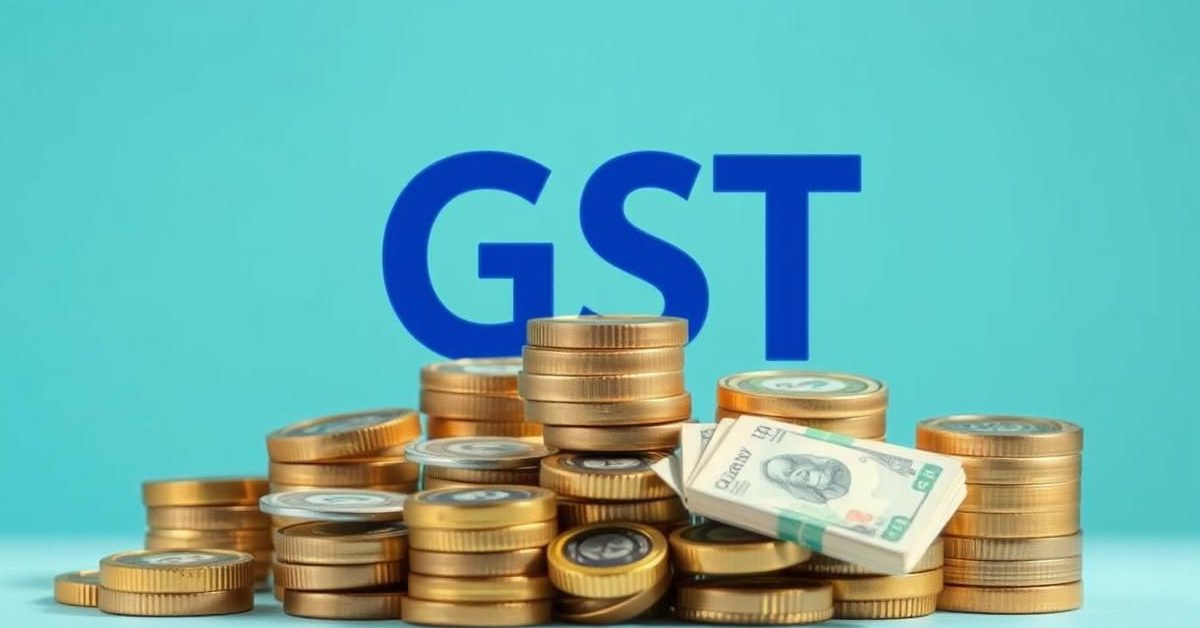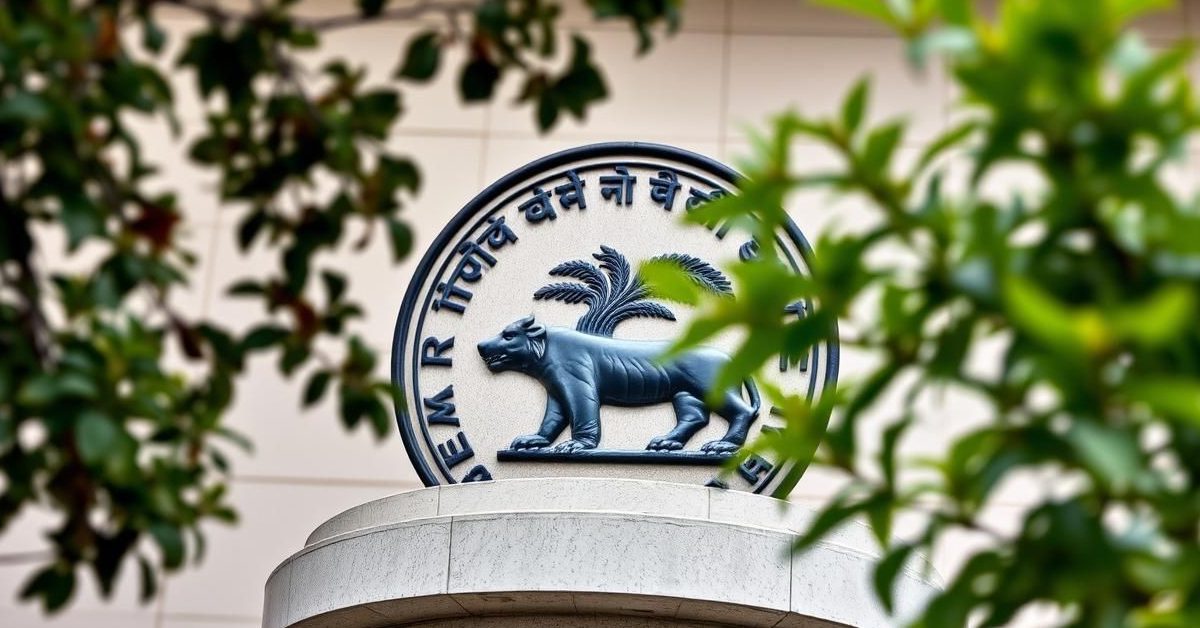India’s Goods and Services Tax (GST) authorities are intensifying their efforts to bring unregistered businesses with high cash and UPI transactions into the tax net.
Why the Scrutiny?
Many small businesses and service providers currently operate outside the formal tax framework. They often handle significant cash or UPI payments without being registered for GST.
This informal activity leads to potential tax evasion and impacts government revenue. The current drive aims to formalize these economic segments and expand the national taxpayer base.
How Authorities Are Acting
Central and state GST bodies are now actively reaching out to payment aggregators. They are requesting data on businesses that have received payments exceeding Rs 20 lakh per year.
Some states, like Karnataka, have already begun sending notices to such unregistered vendors. Other states are expected to follow suit soon.
Central GST authorities have also directed their field officers to identify sectors and markets prone to high cash transactions. They are encouraged to engage with local business associations to encourage GST registration.
Who Is Being Targeted?
The primary focus is on businesses that should be registered but are not. This includes both unregistered vendors and those who are registered but appear to be paying unrealistically low GST.
Specific sectors are under closer examination, such as building interiors, furniture suppliers, and food services. Authorities are analyzing payment data to identify discrepancies and potential under-declaration.
Understanding GST Registration Rules
Generally, GST registration is mandatory for businesses with an all-India aggregate turnover above Rs 40 lakh for the supply of goods. For service providers or mixed supplies, this threshold is Rs 20 lakh.
It’s important to note that lower thresholds, typically Rs 10 lakh or Rs 20 lakh, apply to businesses operating in certain special category states across India.
Impact and Future Outlook
This heightened scrutiny has already had some noticeable effects. Reports suggest that certain small vendors are now hesitant to accept UPI payments, fearing tax tracking.
The government views this formalization of the informal economy as crucial for several reasons. It aims to ensure fair competition among businesses and bolster revenue collection, especially ahead of potential GST regime overhauls.
Ultimately, expanding the taxpayer base is seen as a key step towards promoting long-term economic growth and stability.
- GST authorities are closely monitoring high cash and UPI transactions by businesses.
- Payment platforms are sharing data on recipients exceeding annual thresholds of Rs 20 lakh.
- The drive targets unregistered businesses and those with suspiciously low GST payments.
- The goal is to formalize the economy, enhance revenue, and ensure fair business practices.
This ongoing effort signifies a significant push to integrate more businesses into India’s indirect tax system.














